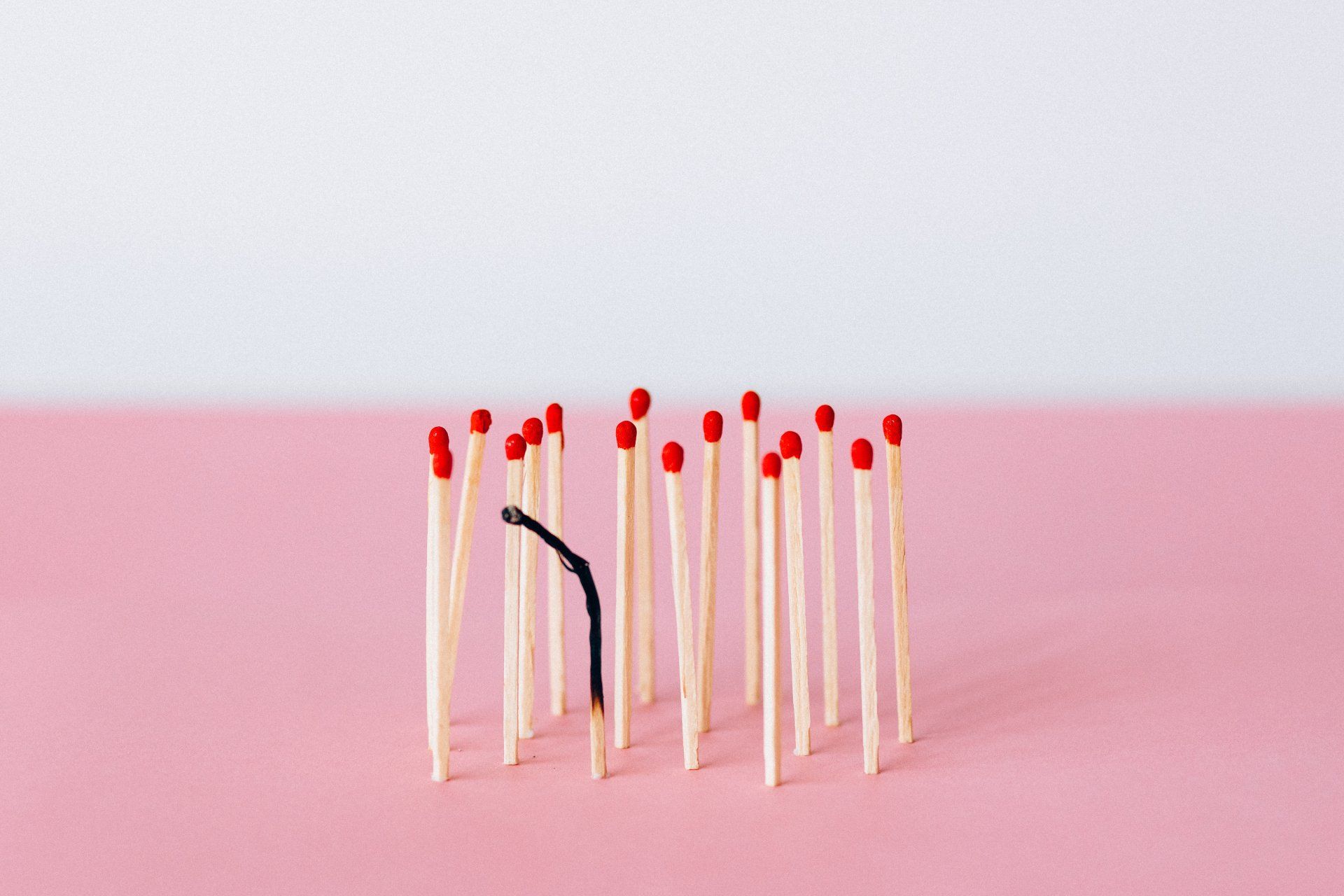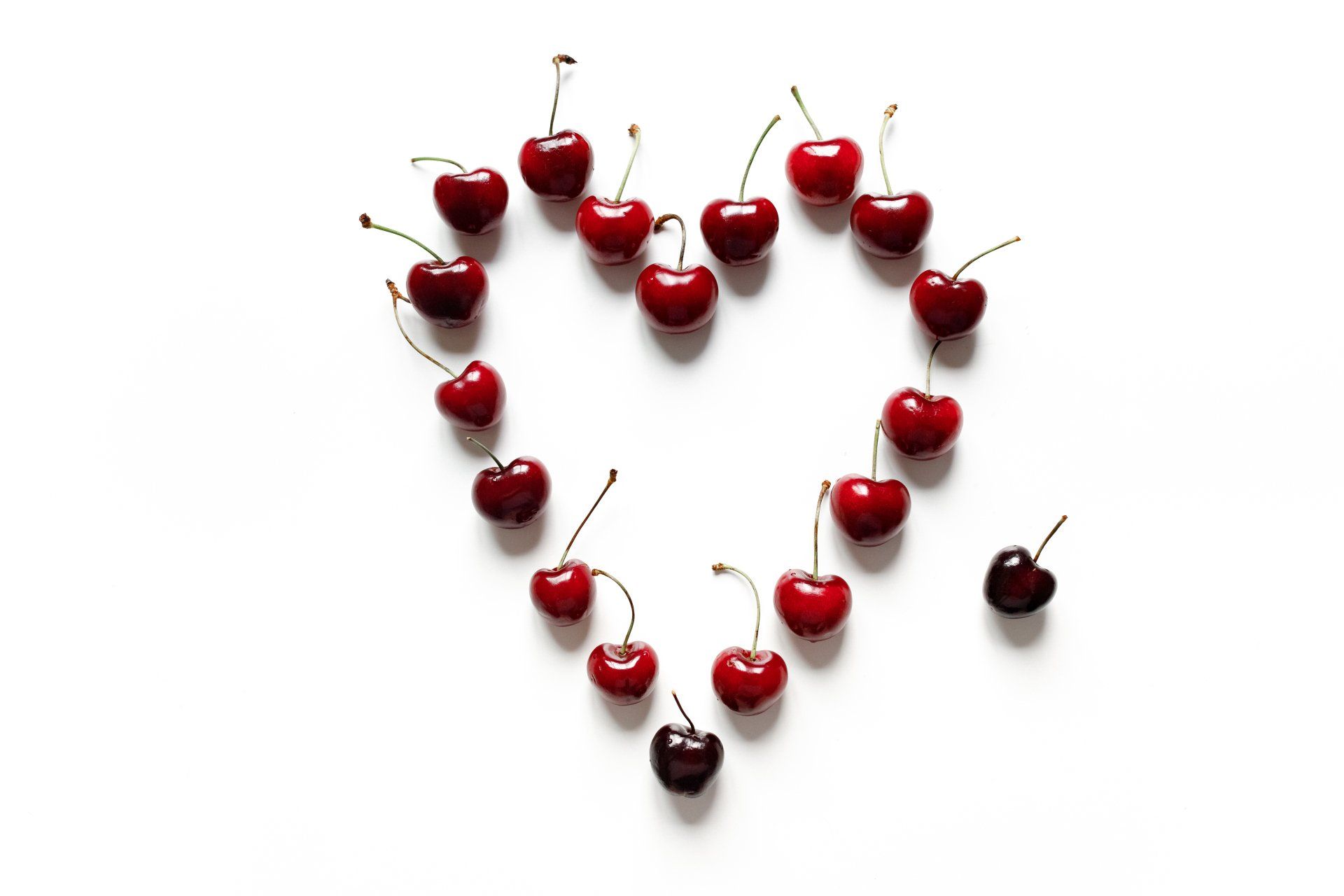Working with avoidance
Avoidance is a false economy

I was recently offered a professional opportunity which, on the face of it, looked like a perfect fit. As I started to get involved in it, I soon realised it was not going to deliver what it had initially promised. I knew I had to leave it but all the actions which would have released me from that commitment felt difficult. Although I was stuck, unsupported and dissatisfied, this seemed easier to put up with than the challenging conversations I would have needed to have in order to move on.
Eventually and with the skilful listening, insightful questioning and expert guidance of someone I trust, I decided to leave. I wrote and sent a resignation email and shortly after received a reply to confirm acceptance. I was now free to make the necessary plans to replace this opportunity with something which would truly fit my requirements and provide the professional growth I was looking for.
Avoidance is a false economy
This event encouraged me to reflect on times when avoidance has stopped me and others from moving on and growing. Through my practice of self-reflection and my work with counselling and coaching clients I have often come across this avoidance response: staying in the not-so-ideal current reality seems better or easier that confronting it and changing it.
This is actually a false economy as the longer we stay and avoid making steps to change our situation, the harder it becomes to leave it or improve it. It is a false economy also because by not changing the situation we are in, we are opting for feeling dissatisfied and unhappy for longer rather than dealing with the momentary discomfort that would trigger the beginning of a new and different (hopefully better) reality.
What do we avoid?
Although avoidance can present itself in many different ways such as lack of motivation, fear of the unknown, passivity (the negative version of acceptance), reasons/excuses about lack of time/resources/ability, it mainly revolves around avoiding the commitment to change, add or remove something from our lives.
Some examples of this type of avoidance can be (please note that the list below is not exhaustive):
- starting or stopping an activity which could lead to a healthier or more functional life
- having a difficult conversation with someone which could improve your interactions or change an unhealthy dynamic
- ending a relationship (romantic or with a friend)
- moving home
- changing job
- saying no to a request for your time or other resources
Avoidance and behaviour change
As we mentioned earlier, we tend to chose not to disrupt the status quo because the current state of discomfort we are experiencing always seems more manageable than the unknown new situation we could create if we took action. This is the false economy.
Our decision to make a lifestyle change, have that difficult conversation, end that relationship or move house is underpinned by our beliefs and values. Beliefs are assumptions about the world which we believe to be true, regardless of evidence. Values are the unwritten rules and standards about what we consider “good” or “bad”. They both influence our thoughts, feelings and consequent behaviours, including whether change is possible or even “allowed” for us.
What can we do about avoidance?
Therefore, if deciding to commit to change, add or remove something from our lives is about behaviour, we should work on behaviour change. As values and beliefs influence our behaviour, we actually need to start from there in order to make the change happen.
The basic question when we find ourselves choosing avoidance and being apparently unable to make a difference to our lives is: what is the belief or value at the base of my avoidance response? The work ahead is about exploring why we are behaving under the assumption that we should put up with something regardless of whether it works for us or not. Why we choose to respond to this less-than-ideal situation as though we had no other choice or no other opportunity or resource was available to us.
There are a number of things which can help us with this type of blockage. These are some of the activities I have found helpful for myself and my clients:
- A regular practice of self-reflection: this can be done with journaling but also through the introduction of a regular mindfulness practice. With both mindfulness and journaling you can become more acquainted with your inner world and aware of helpful and unhelpful thought patterns.
- Working with a counsellor/psychotherapist: through this work you can make further sense of those thought patterns, understand their origin and even start challenging how useful or true they are. Here you can become more at peace with what’s happened so far and gain clarity about what you need now and in the future. You can start to understand what is feasible to change and what may need to remain in your life. In fact, often for practical reasons, it isn’t always possible to change everything in our lives. Through counselling or psychotherapy you can start the work towards acceptance of what can’t be changed and identify what else can support you in this.
- Working with a coach: with this work, you can look more deeply at the present moment in order to make changes to it and to plan for the future. Whether that change is fully or partly possible, you can work with a coach to set short, medium and long term goals towards it. If the change you wish for is not possible at all, you can still make a realistic plan of what else can be introduced into your life to support you. The work focuses on moving forward with acceptance, patience and self-compassion.
If you are interested in working with me as your coach or counsellor, you can schedule an initial free consultation on info.healingmovement@gmail.com
Disclaimer: The author assumes no responsibility for the topicality, correctness, completeness or quality of information provided. This article is not intended as medical advice. Readers should consult their medical professional before making any changes to their lifestyle, including but not limited to diet and physical activity and exercise.
© 2023 Lucia Micheluzzi © 2023 Healing Movement - all rights reserved






